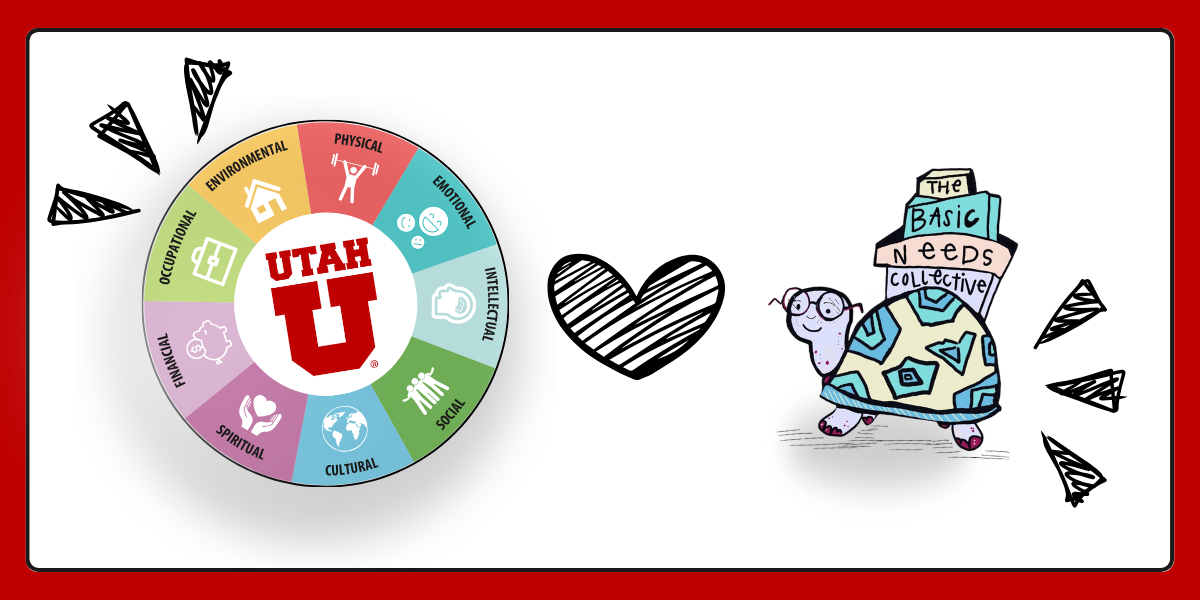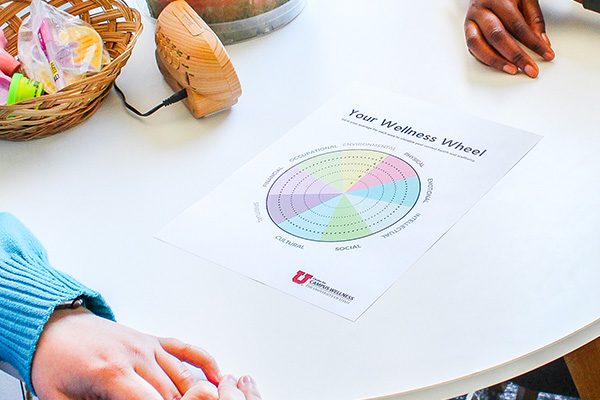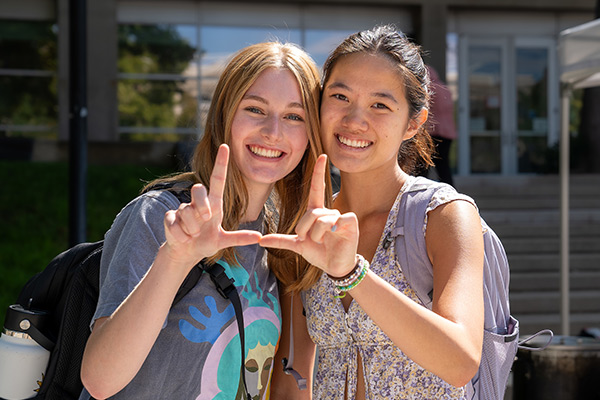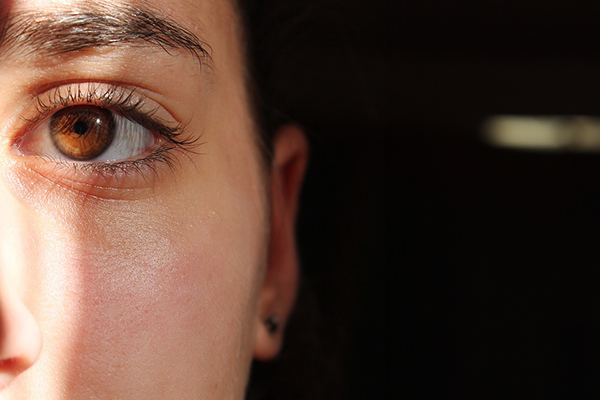We have a simple mission:
Our mission is to support student well-being and success through holistic and comprehensive programs that center wellness, safety, and healing. We provide several resources, services, and programs for the campus and while we primarily support students, we also offer select services for faculty and staff.
Featured Contributions
-

Wellness Digest: July 18th, 2025
In this edition of the Wellness Digest, we are excited to introduce our Basic Needs colleagues and highlight expanding roles for our team ahead of the 2025-2026 Academic Year!
-

Wellness Digest: June 20th, 2025
While summer weather brings sunshine 🌞 and temperate weather, the changing seasons can leave some folks feeling blue 😔 This summer semester, check-in with your well-being and build your skills to support others by participating in our upcoming training offerings. In this edition of the Wellness Digest, we're excited to share some upcoming offerings to help our campus community of students, staff, and faculty stay holistically well over break.
-

Wellness Digest: May 15th, 2025
In this edition of the Wellness Digest, we're excited to share the accomplishments of several student employees as well as highlight graduate achievements amongst our professional staff. We celebrate each of you, and wish greatness for your futures!
-

Wellness Digest: April 4th, 2025
This month we are proud to champion two important awareness campaigns close to many college students. Learn the principles of harm reduction during Overdose Prevention & Awareness Week and connect with strategies to build safer communities by attending our Sexual Assault Awareness programs this April!
Stay Connected
Sign up for the Wellness Digest
Stay in the loop on campus wellness! Get monthly tips and upcoming events to enhance your college experience.










